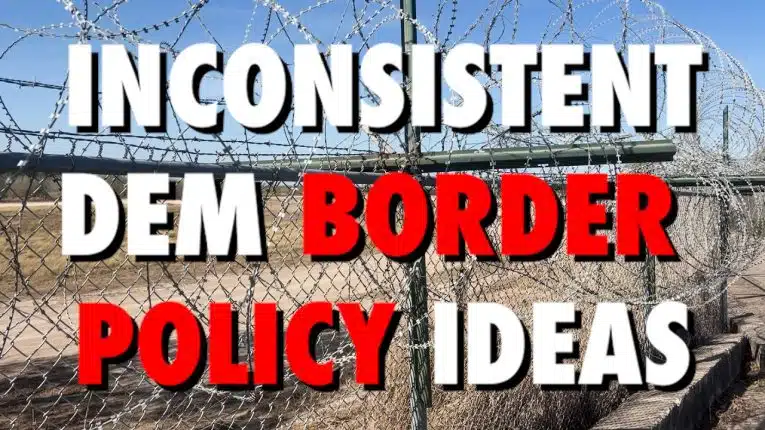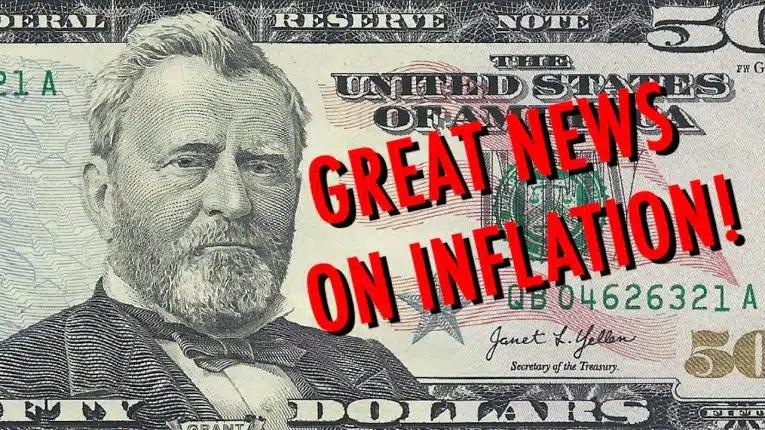The very people who were so earnestly leading the “we’re all in it together” chant, were not in it at all. And quite frankly, were major beneficiaries of the economic shutdown.

By Rick Manning
We’re all in it together!
That was the shaming slogan shouted from every celebrity, the media, compliant multi-national corporations and most politicians as they shuttered dissent over draconian economic lockdown rules enacted to flatten the curve of the China-originated and manufactured Coronavirus.
The message was clear, we are all suffering so anyone who complains just needs to suck it up and take the medicine the federal and state governments were prescribing like good little boys and girls.
But were we really “all in it together?” United States Labor Department Bureau of Labor Statistics data shows that we weren’t.
While the private sector lost 22 million jobs from February 2020 to April 2020, and state and local government cut about 1.6 million jobs in response to the pandemic, one group of people prospered during the pandemic – the federal government workforce. The federal workforce actually grew slightly during the pandemic never dipping below the 2.63 million employed at the employment high water mark of the Trump administration and indeed our nation’s history in February 2020.
That’s right, the very people who were so earnestly leading the “we’re all in it together” chant, were not in it at all. And quite frankly, were major beneficiaries of the economic shutdown.
Another example, beyond the fact that federal workers were the only major work group in America which did not see massive job losses, is that the Nancy Pelosi-led Congress acted to pass extended paid leave for COVID affected federal employees which, if fully utilized, could mean as much as $21,000.
Did workers in the private sector adversely affected by COVID get similar benefits? Nope.
And of course there is that “famous” federal bureaucrat work ethic. Since the pandemic, a June 10, 2021 memo from the federal Office of Management and Budget and the federal Office of Personnel Management reports that 60% of the federal workforce is telecommuting, while praising the “many thousands of Federal employees with responsibilities that could not be performed remotely have continued to undertake mission-critical duties at their workplaces and on the frontlines of the national response, day-in and day-out through the pandemic.”
Anyone who has been in Washington, DC in the past few months knows that the once busy, bustling downtown remains a virtual ghost town as the hundreds of thousands who would normally inhabit the dozens of federal buildings in the city remain at home, presumably working.
State and local governments, which cannot just print money to pay employees, cut payroll positions pretty aggressively, as the federal government just rolled along as if nothing was happening – employees unaffected with the exception that they did not have to go into the office.
The hidden effect of this perverse situation was that the very federal government bureaucrats making recommendations about the balancing act between the economic and public health needs of the nation never felt the economic consequences of their decisions. They had no skin in the game.
What’s more, the political class of congressional staff and presidential appointees were also insulated from the pain as their neighbors, friends and family members who worked for the federal government were largely economically insulated from the economic devastation that their shutdown decision wrought.
A simple truth in life is that if a problem is distant it can be ignored, but if it affects your immediate family and neighborhood it becomes a crisis.
For public health bureaucrats in D.C., the economic crisis of the pandemic caused by policies they promoted and fought tooth and nail to impose in D.C., was an inconsequential side effect rather than a deadly result of their public health prescriptions.
Fortunately for America, very early in the pandemic, President Trump advocated for a balance between the health and economic needs of the country early in the crisis and never forgot the tens of millions of people who lost their jobs, the millions of businesses that were shuttered, some to never re-open, and the devastation to Main Street which shutdowns created.
Trump’s willingness to stand up to the public health know-it-alls who consistently were wrong both about the disease and how to deal with it (hint: staying inside rather than going outside was the wrong answer) was directly responsible for the 15.6 million jobs that have been restored since the shutdown began.
And next time the Chinese decide to unleash a pandemic on the world, let’s make certain that the federal bureaucrats in DC who drive policy responses, at least feel some of the pain of their own recommendations. Only then will we all truly be in it together.
Richard Manning is President of American for Limited Government.






